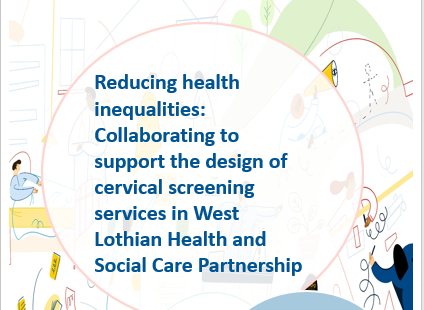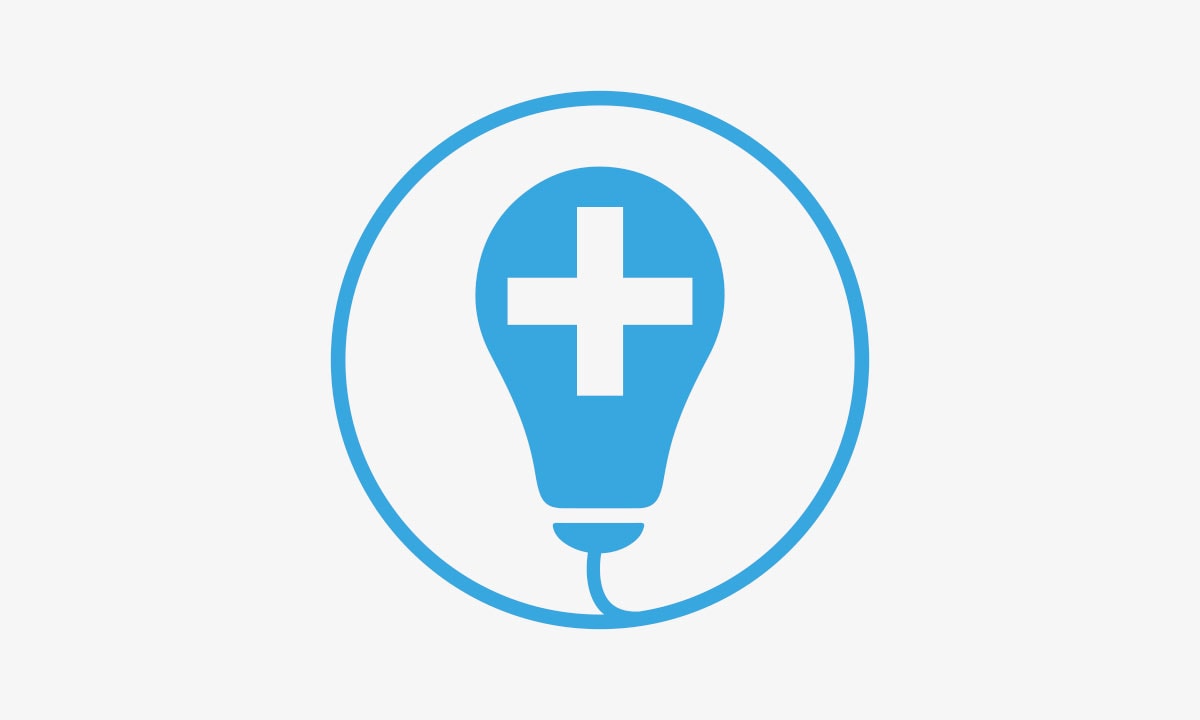Demonstrating professionalism through approach, behaviour and attitudes of Realistic Medicine
read more
One of the main aims of Realistic Medicine is for people using healthcare services and their families to feel empowered to discuss their treatment fully with healthcare professionals, including the possibility that a suggested treatment might come with side effects – or even negative outcomes. Everyone should feel able to ask their healthcare professional why they’ve suggested a test, treatment or procedure, and all decisions about a person’s care should be made jointly between the individual and their healthcare team.
Realistic Medicine is not about failing to offer treatments. It is about supporting people using healthcare services, and their families, to feel empowered to discuss their treatment. That’s why changing our style to sharing decisions with our patients is one of our priorities. A move away from the "Doctor knows best" approach to shared decision making between the professional and patient will require more meaningful discussions about the treatment options available as well as their risks and benefits.
Building a more personalised approach to care, in partnership with people through shared decision making, is perhaps the most important aim of Realistic Medicine. We must create a more open and trusting atmosphere that facilitates more meaningful conversations between people and their healthcare professionals that help people make informed choices about their treatment and care options, based on what matters most to them.
Healthcare professionals are the stewards of healthcare resources. We know that overuse of investigation and treatment can result in harm to patients. By seeking out and eliminating harm and waste, we can provide healthcare that people really value.
Tackling unwarranted variation is essential to improving outcomes derived from healthcare across Scotland. Unwarranted variation is variation in healthcare that cannot be explained by need, or by explicit patient or population preferences. We need to ensure the prevention of harm and waste from overuse and overtreatment, freeing up resources currently used without benefit to clinical outcomes in order to address under-provision of care.
Realistic Medicine is not about failing to offer treatments. It is about supporting people using healthcare services, and their families, to feel empowered to discuss their treatment.
To practise Realistic Medicine, we must embrace the best international evidence, employ sound clinical judgment and support empowerment by listening to what matters most to patients. We need to make more effective use of knowledge and skills across the multi-professional knowledge base, and foster the conditions to support innovation in care delivery.

By practicing Value Based Health & Care we can achieve better outcomes for the people we care for, and our health system.

In December 2022 the Realistic Medicine team in Scottish Government published a Vision for Value Based Health & Care in Scotland.
In October 2023 the Value Based Health & Care Action Plan was published. It sets out 13 high level actions which aim to support all health and care professionals across Scotland to practise Realistic Medicine and deliver better value care.
Click the links below to read more.


August 2, 2023
Back in 2017 (yes, it does seem a lifetime ago!) I was invited to speak at a conference to share my thoughts about engaging the whole health and social care workforce with the principles underpinning Realistic Medicine, and how we create conditions for innovation across the social care sector. The presentation focused on my experiences…
Read more
April 11, 2023
The current demands on GP Practices are both unprecedented and unrelenting. Our recent experience with these three Practices, suggests that there is the potential for video appointments to play a role in alleviating some of that pressure. Near Me is a video consulting service that enables people to have health and social care appointments from…
Read more